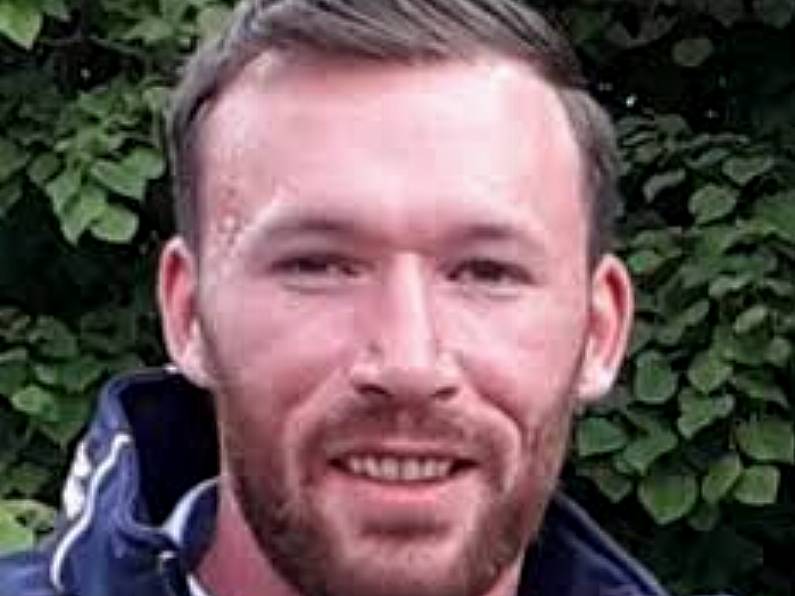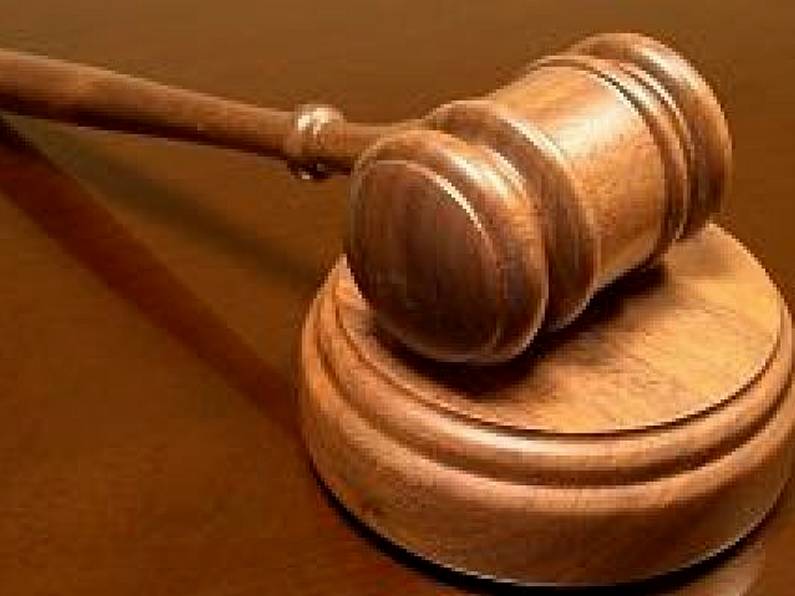Eoin Reynolds
A person is entitled to protect themselves from an attack once the force used is "reasonable and proportionate", the judge in the trial of a food delivery cyclist accused of murdering teenager Josh Dunne has told the jury.
Mr Justice Paul Burns spent Thursday going through the evidence that the jury has heard over the five weeks of the trial and will continue the charge at the Central Criminal Court Friday morning.
He has also explained to the jury that the accused man, George Gonzaga Bento, accepts that he stabbed Josh Dunne, but the accused's position is that the killing was lawful because he was acting in self-defence after he and his friend were attacked by a bike thief and a group of teenagers.
Self defence
Mr Justie Burns said the law recognises that a person is entitled to protect themselves from an attack once the force used is reasonable and proportionate to the attack. Even where he kills his assailant, the person would not be guilty of any offence if the force used was no more than was reasonably necessary.
A person initially acting in self-defence may continue to use force when it is not necessary and would at that point not be acting in self defence, he said.
Mr Bento (36), a Brazilian national with an address in East Wall in Dublin 3, is charged with murdering 16-year-old Josh Dunne at East Wall Road, East Wall on January 26th, 2021.
Mr Bento is also accused of producing a utility knife in a manner likely to intimidate another in the course of a dispute or fight. The defendant is further accused of assault causing harm to two other young men on the same occasion. The delivery cyclist has pleaded not guilty to each of the four counts.
Knife
The prosecution alleges that Mr Bento produced a knife during a "stand-off or confrontation" with a man on a moped who had stolen another delivery cyclist's bike. Josh Dunne and other youths arrived at the scene and got involved in the confrontation.
For a jury to accept self-defence, Mr Justice Burns said, it must be reasonably possible that the accused honestly believed his actions were necessary. He told the jury to consider what threat Mr Bento faced and if he honestly believed himself or his friend to be under an attack that made it necessary for him to defend himself or his friend.
If the jury finds that it is reasonably possible that Mr Bento used no more force than was reasonably necessary he is entitled to a full acquittal, the judge said. He added: "If he uses no more force than was reasonably necessary then he has acted lawfully and is not guilty of any offence."
He asked the jury to consider if the threat was imminent and whether Mr Bento had an opportunity to retreat.
If the jury finds that Mr Bento used excessive force but honestly believed the force used was necessary, then he should be found guilty of manslaughter and not murder.
If the prosecution has proved beyond reasonable doubt that Mr Bento was not acting in self-defence and did not honestly believe that the force he used was necessary to protect himself or his friend then he should be found guilty of murder.
The judge added: "Where excessive force is used, and the accused knew it, then that is not self-defence and the accused cannot use it to find the killing lawful or to reduce it from murder to manslaughter."
The jury returns tomorrow.






